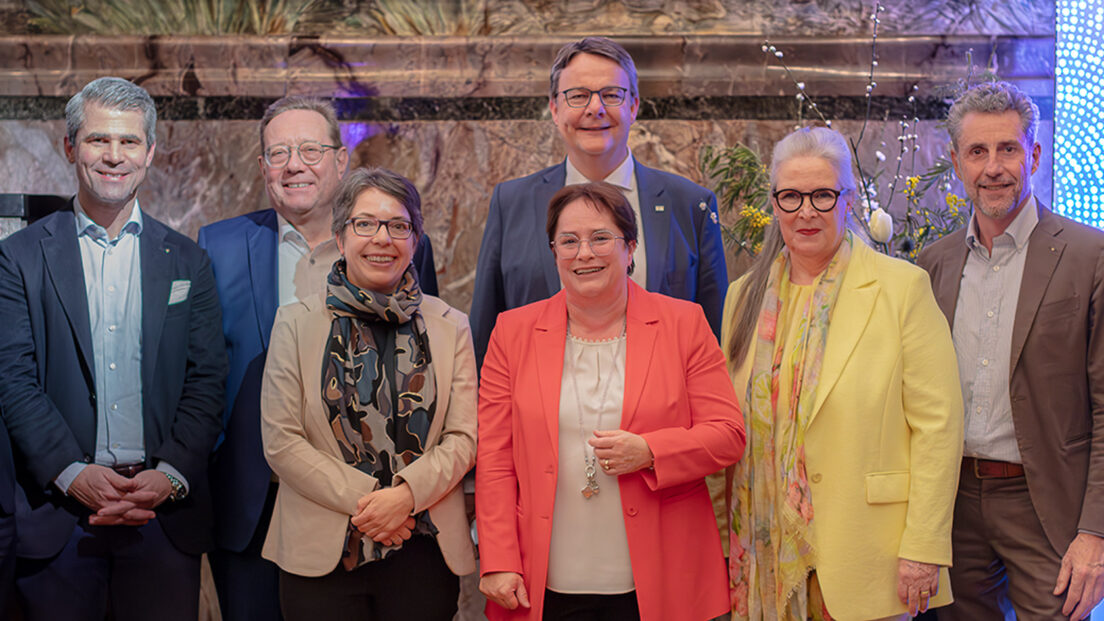Opportunities and challenges of Bilateral III

The newly negotiated Bilateral Agreements III were at the centre of a controversial discussion at the University of Zurich. Politicians, economists and academics discussed the impact of the agreement and Switzerland's future position in Europe.
With the conclusion of negotiations on the Bilateral Agreements III, Switzerland has reached a new milestone in its relations with the EU. The comprehensive package of agreements includes new agreements in the areas of electricity, food safety and health, as well as the updating of existing agreements. Particularly noteworthy is Switzerland’s readmission to the EU research programmes, a significant step for Switzerland as a research location.
At a panel discussion at the University of Zurich, organised by the Zurich Chamber of Commerce, leading representatives from politics, business and science debated the opportunities and risks of the new agreement.
Significance for Switzerland as a centre of research
In his opening speech, UZH Rector Michael Schaepman emphasised the central role of the EU for Swiss science. Integration into the European Research Area not only strengthens Switzerland’s excellent universities, but also facilitates international exchange and access to important technologies. “Especially in geopolitically uncertain times, a stable partnership with the EU is of crucial importance,” explained Schaepman.
Between free trade and EU membership
State Secretary Alexandre Fasel described the Bilaterals III as a happy medium between full membership of the EU and a pure free trade agreement. By integrating the institutional issues into the individual agreements, it had been possible to find a Swiss solution. EU law would only be adopted in the contractually regulated areas, whereby Switzerland would have legal protection mechanisms such as a court of arbitration.
Economic benefits vs. sovereignty concerns
The discussion revealed different perspectives on the agreement. For the economy, the connection to the European single market is essential. Balz Hösly from the Zurich Chamber of Commerce emphasised that small and medium-sized companies in particular are dependent on being able to use the EU market without trade barriers.
Critics such as Magdalena Martullo-Blocher, on the other hand, warned of increasing regulation and a loss of Swiss sovereignty. She spoke of a “treaty of subjugation” and called for a stronger focus on global free trade agreements.
Professor Stefanie Walter emphasised that although the Swiss population is sceptical about the EU, the bilateral agreements enjoy broad support as a pragmatic solution.
A social and political balancing act
In addition to economic and legal aspects, social values were also discussed. Silvan Wildhaber, CEO of Filtex AG, spoke out in favour of the bilateral agreements for humanistic reasons: “We should work together as friendly neighbours in Europe.” Balz Halter, on the other hand, rejected the agreement on civic grounds, as it would mean a loss of sovereignty for Switzerland.
The panel discussion made it clear that the Bilaterals III are one of the key political decisions for the coming years. While some see economic stability and political pragmatism in them, others warn against becoming too dependent on the EU. The final decision now lies with the Swiss people.